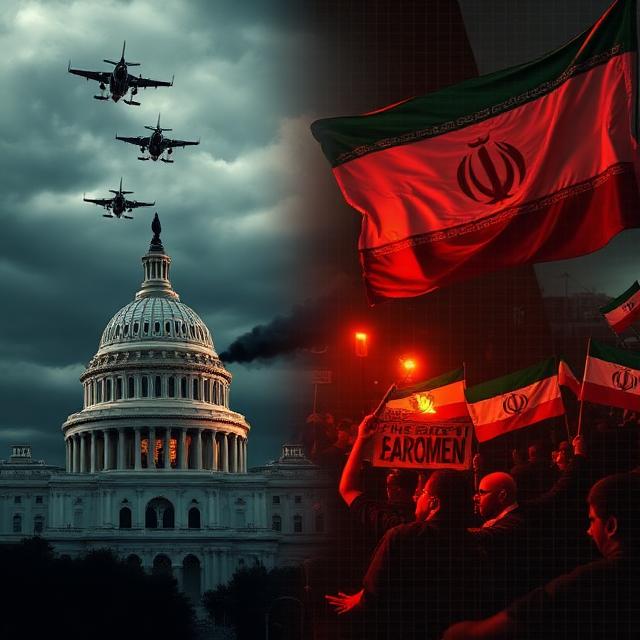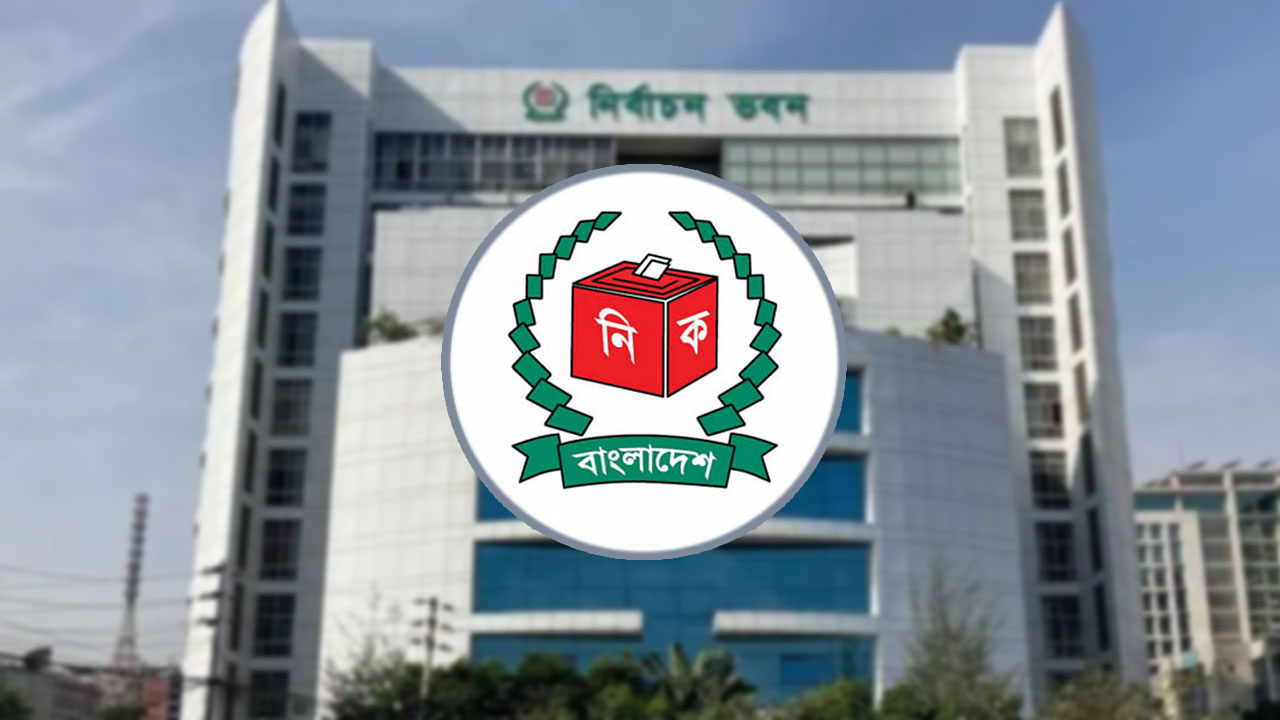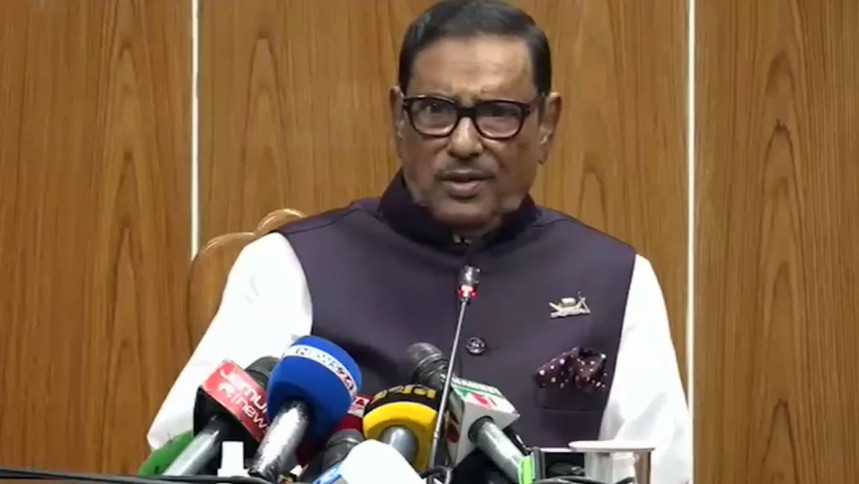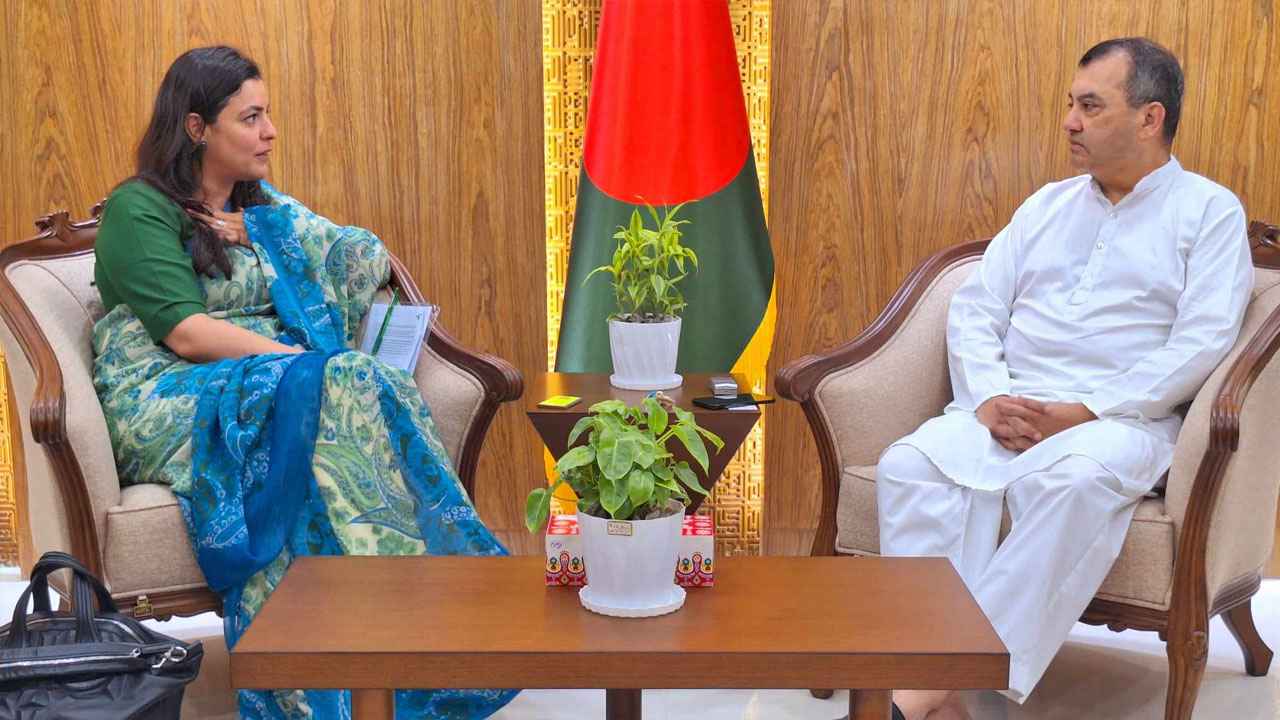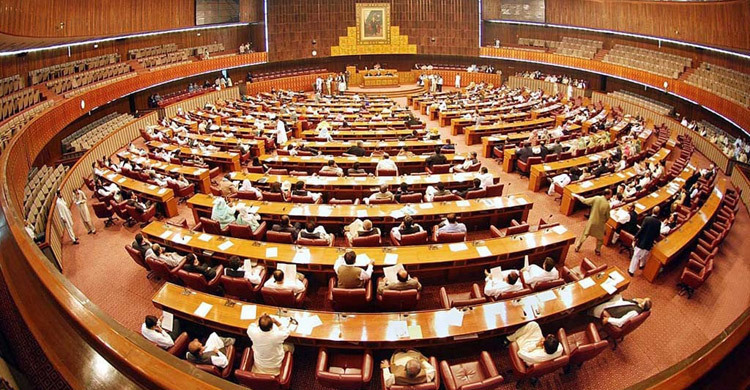
Pakistan's government has passed a constitutional amendment limiting the power of Pakistani courts to rule on parliamentary matters. According to the amendment, henceforth the Chief Justice of Pakistan will be appointed through a parliamentary committee and his term will be fixed for three years. Besides, a new constitutional bench will be formed.
The much-discussed bill was tabled in the session that began at midnight on Sunday (October 20). The Constitution Amendment Bill was finally passed at 5 am on Monday after fierce debates in the session which started at 11:36 pm local time.
Pakistan's Defense Minister Khawaja Asif said the amendment aims to prevent judicial rulings that interfere with parliamentary proceedings. All agreed that there would be no compromise on the supremacy of Parliament.
224 votes were needed in Parliament to pass the bill. In the end, the bill was passed by 225 votes.
Prime Minister Shahbaz Sharif-led Pakistan Muslim League-Nawaz (PML-N) and its ally Pakistan Peoples Party (PPP) voted in favor of amending the constitution that day. The government also enjoys the support of a religious group known to be allies of opposition leader Imran Khan. However, Imran Khan's party Pakistan Tehreek-e-Insaf (PTI) opposed the amendment.
PTI leader and Leader of the Opposition in Parliament Omar Ayub Khan described the amendment as a 'strangulation of an independent judiciary' and said it did not reflect the will of the people of Pakistan.
According to analyst Bilal Gilani, the amendment will create a balance in some areas, particularly against the over-activeness of the judiciary. But he warns that a downside of the amendment is that it could create a judiciary that is more flexible to the whims of the government.
The amendment comes at a time when Chief Justice of Pakistan Qazi Faiz Isaar is set to retire. As per the old rules, he was replaced by the most senior judge, Mansoor Ali Shah, who is believed to have given several judgments in favor of Imran Khan.
This amendment is expected to have a long-term impact on the political and judicial spheres of Pakistan. In particular, there is a debate about how the judiciary can control the government.













